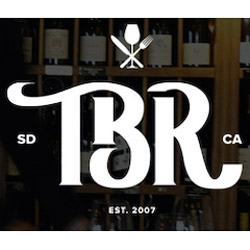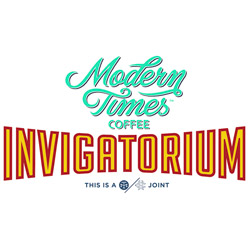Meal Breaks Compliance
Meal Breaks and Rest Periods
Is your company following proper meal break compliance and rest periods? Over the past several years, class-action lawsuits challenging employer meal and rest period practices exploded in California courts. With lawyers soliciting new plaintiffs that could represent a class of workers every day, California employers need to understand the rules and take affirmative steps to protect their companies against liability for meal and rest period violations.
Meal Period Rules
All non-exempt (hourly) employees must receive a 30-minute unpaid meal period for shifts exceeding five hours. The meal period must be provided within the first four hours and 59 minutes of the workday. If the employee works a shift that exceeds 10 hours, the employer must provide a second unpaid meal period of at least 30 minutes. This second meal period must be provided within the second four hours and 59 minutes of work.
Meal Period Waivers
An employee who works a shift of six hours or less may voluntarily agree to waive the right to a meal period in writing. Similarly, if an employee works a shift of 12 hours or less, the employee may voluntarily agree to waive the second meal period (if the first meal period has not been waived). A valid meal period waiver must be in writing and explicitly state that the employee can revoke the waiver at any time.
Rest Period Rules
California law mandates that non-exempt (hourly) employees be granted a 10-minute break for every four hours worked. For example, in an eight-hour workday, the employee would be entitled to receive at least two 10-minute breaks. These breaks must be paid. The employer may require employees to remain on the employer’s premises during their rest breaks
Enforcement Obligations
The courts have ruled that employers “have an affirmative obligation to ensure that workers are actually relieved of all duty” during meal periods. In other words, the employer needs to make sure that they take a meal break. This standard imposes a significant burden on employers not only to adopt valid meal-period policies, but also to monitor the workplace and discipline employees who fail to take meal periods as required by law.
Enforcement mechanisms should include maintaining accurate time records, including clocking IN and OUT for meal breaks, and keeping notations for rest periods. Employers should also train their supervisors on meal and rest period enforcement guidelines, regularly audit time records for rest periods and meal break compliance and be prepared to discipline any employee who fails to comply with the employer’s written meal and rest break policy.
Penalties
If the employer fails to provide each employee with a meal break, as outlined above, or if the employee simply fails to take a meal break, the employer is required to pay the employee one (1) hour of pay at the employee’s regular rate of compensation for each workday that the meal period is missed. The penalties for failure to provide meal breaks can be substantial, so employers must ensure that employees are tracking their time worked, their meal periods, and whether they missed the meal period. Employers should also track when the penalties were paid, which should be on the same paycheck as the date that the meal period was missed.
For further information regarding this subject, feel free to contact Flores Financial Services’ Human Resources Department at 619-588-2411.



































